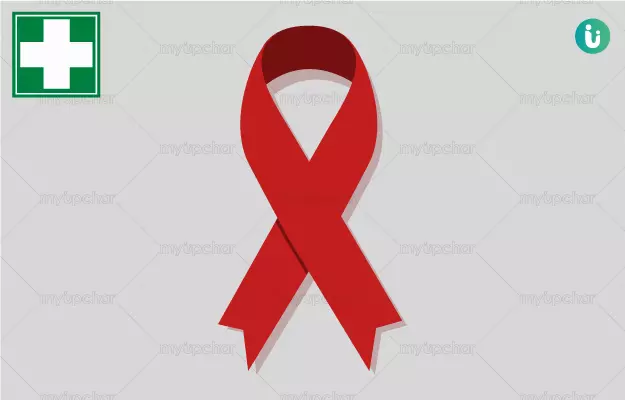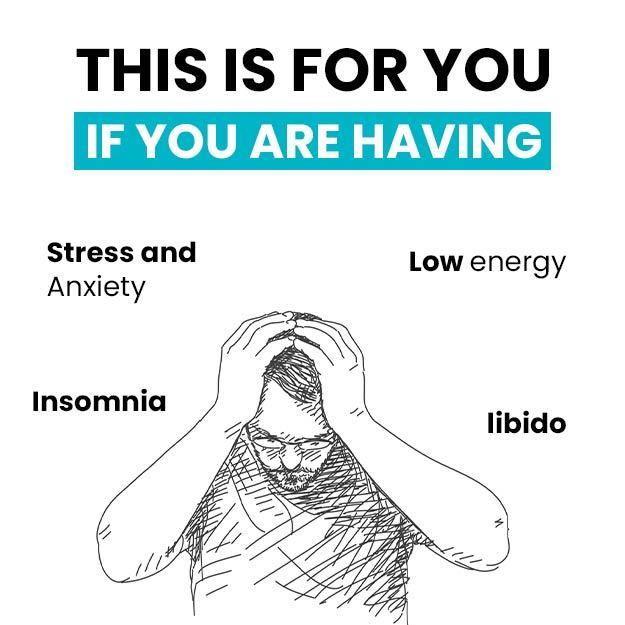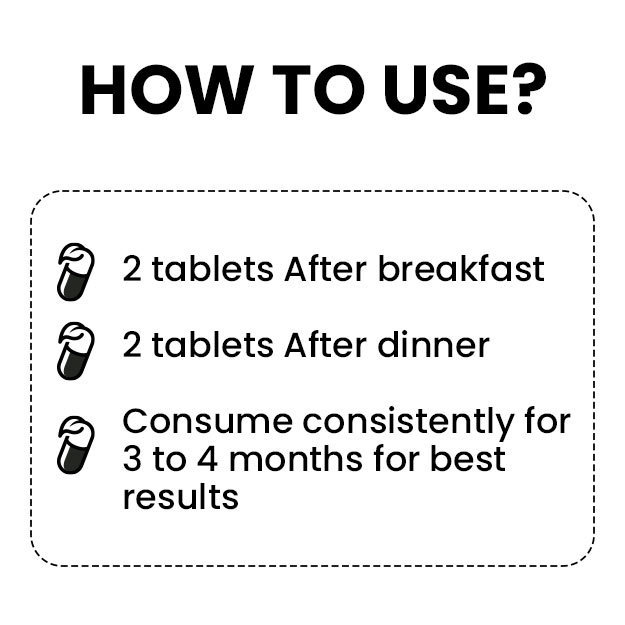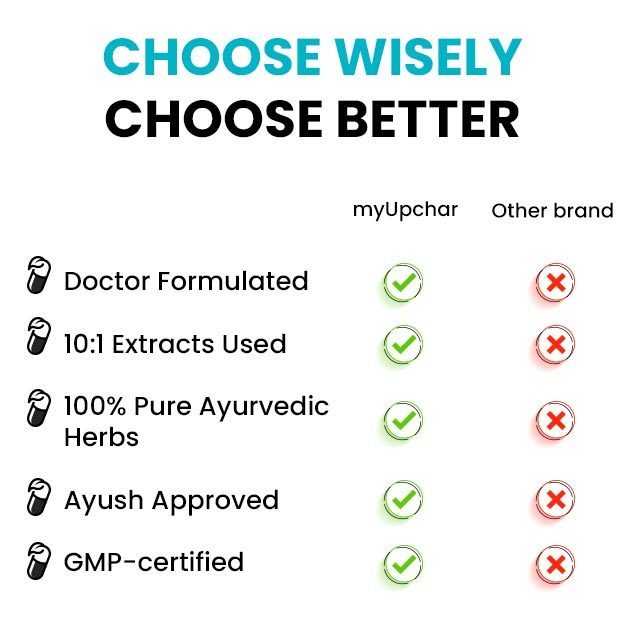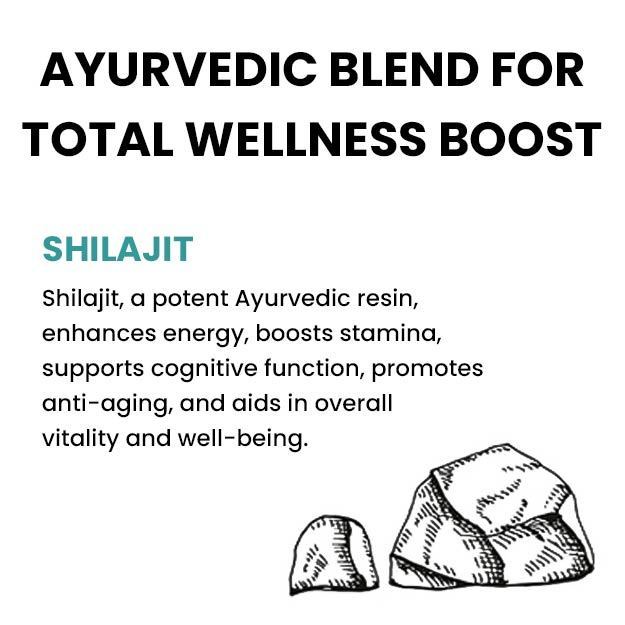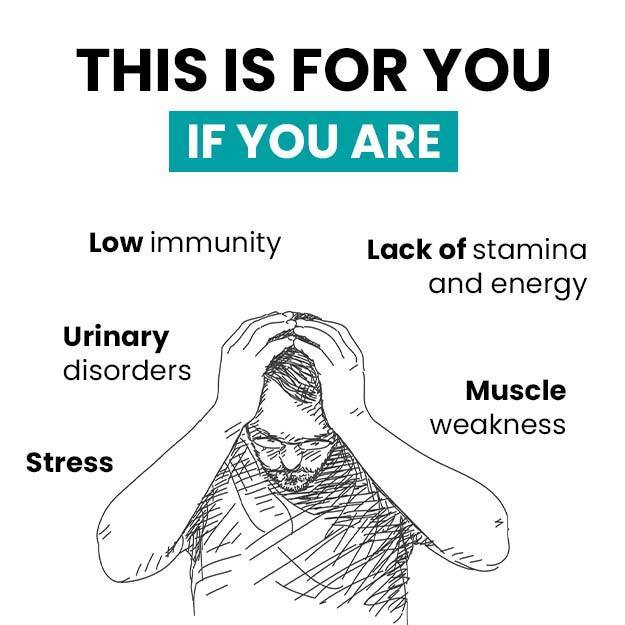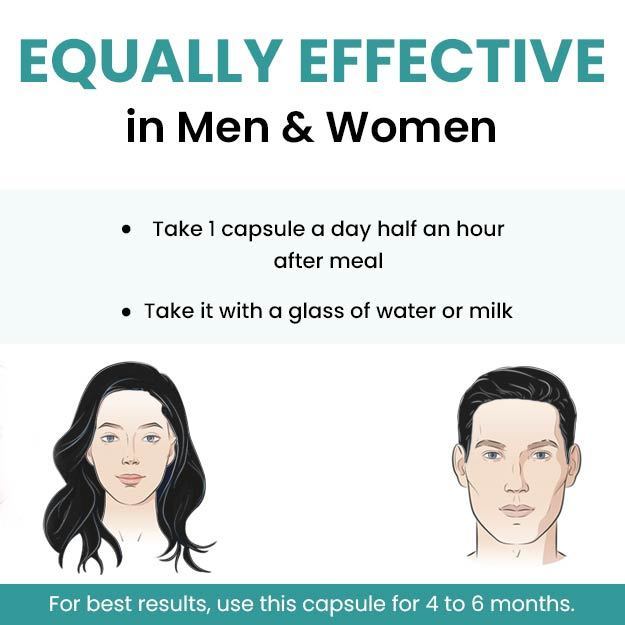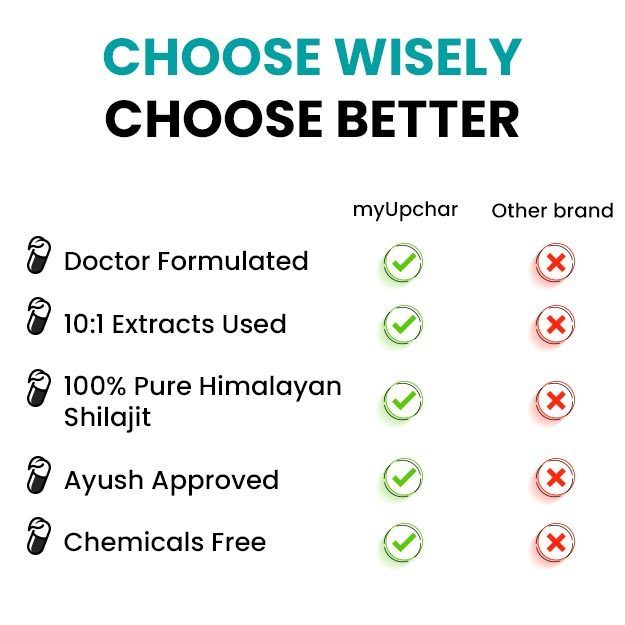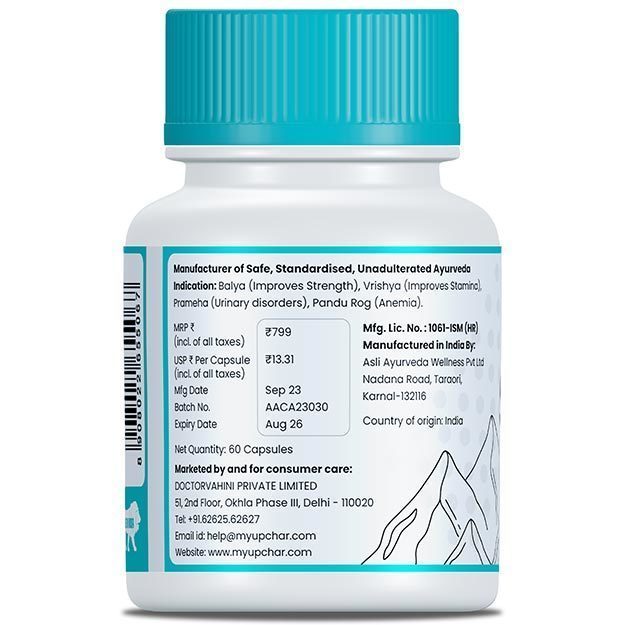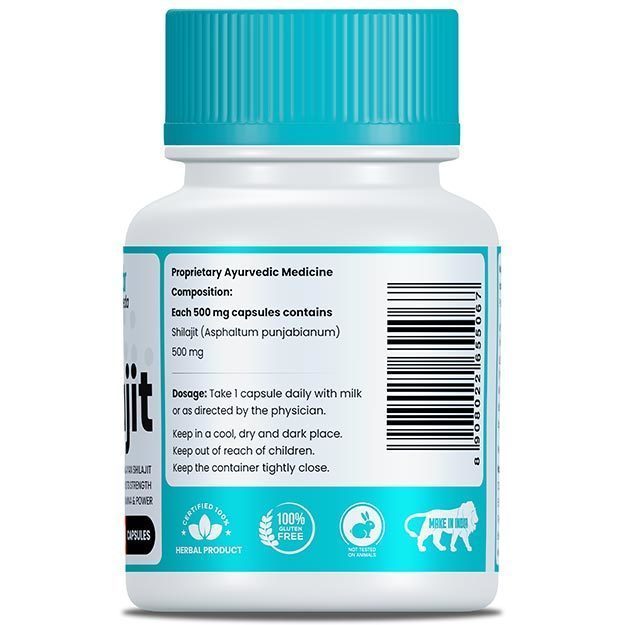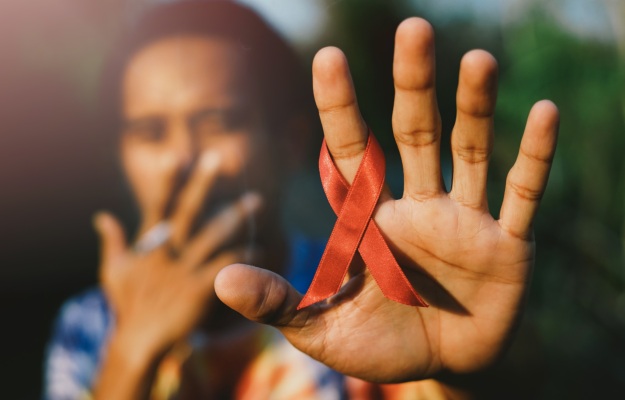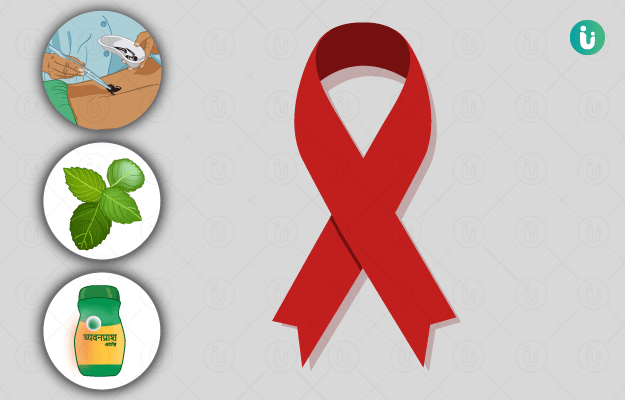HIV is a viral infection caused by the human immunodeficiency virus or HIV. It causes severe damage to the body's immunity. Due to HIV/AIDS, a person's ability to fight infection is reduced and this problem increases over time, due to which the person's chances of getting infections and diseases increase.
If nothing is done for HIV, then it can cause AIDS. AIDS is the last stage of HIV infection in which a person starts getting many deadly infections and cancer.
The initial symptoms of HIV are like flu which get cured on their own in some time and that is why most people do not know that they are infected with HIV and this virus keeps growing in their body. In the last stage, it causes blurred vision, dry cough, weight loss and shortness of breath.
It is believed that HIV infection spreads easily, but this is not true. This infection spreads by coming in contact with the body fluids of an infected person, such as blood, semen, breast milk or other genital secretions. The most common way of spreading it is by having sex without a condom. HIV infection does not spread through normal activities like shaking hands, hugging, kissing, sharing things or mouth-to-mouth.
Your HIV test is done to detect HIV infection and you are given proper treatment according to the stage. Although there is no cure available for HIV infection yet, some treatments can stop the growth of the virus, so that the person does not get AIDS and can live a healthy life. This article explains what causes HIV/AIDS and what to do in this situation.
(Read more - HIV Test: Procedure, Purpose)
What Happens In HIV-AIDS?
Once the HIV virus enters your body, it starts damaging your immune system directly. The speed at which the virus grows or multiplies depends on your age, health and its diagnosis.
The initial symptoms of HIV start appearing like flu symptoms 2 to 6 weeks after getting infected. This happens when the person's body starts making antibodies against the infection, which means that the person's immune system is trying to fight the infection. The HIV virus attacks the CD4+ cells present in the body and starts infecting them. After this, this virus starts multiplying and starts infecting other cells rapidly. Without treatment, this virus keeps growing and causes serious damage to your immune system. Its initial symptoms are like fever, joint pain, rashes and muscle pain, which last for about a week.
The number of CD4+ cells in the body of a healthy person should be 500 to 1500, which keeps decreasing in people suffering from HIV.
If HIV infection is not detected on time and is not treated properly, then the person's risk of getting AIDS increases. AIDS is the last stage of HIV and in this stage the person's immune system becomes so weak that they get any infection easily. At this time, even a minor infection can prove fatal for the person.
The sooner HIV infection is detected and treated, the better it is for the person.
What Should Be Done If You Have HIV-AIDS?
When you are infected with HIV, you should keep in mind some common things and take care of yourself. What you can do in such a situation is given below -
- When you are suffering from an infection, you need as much rest as possible, so that your body can use all its energy to fight the infection. It is necessary to sleep at least 8 hours a day when you are suffering from HIV. Whenever you feel tired, try to sleep or rest at that time.
- Staying active is very important to stay healthy. This strengthens your muscles and bones and also keeps the heart healthy. Many people suffering from HIV start becoming weak and thin, that is why it is important to exercise daily. Do such exercise in which you do not feel much physical stress and you enjoy it.
- Being infected with HIV does not mean that you cannot have sex. By using a condom while having sex, you can protect your partner from this infection. Using a condom reduces the risk of spreading HIV to a great extent. It will protect you and your partner from many types of infections, not just HIV. Talk to your doctor to know about other ways to have safe sex.
- If someone around you has HIV infection, spend time with that person so that he feels good and does not feel lonely. Know about the foods that will keep them healthy and help them make a diet plan.
- It is also very important to take care of your mental health when you are infected with HIV. You may get shocked when you find out about HIV, which is not good for your health at all. In such a situation, do not worry and do not take stress at all. Do things that you like and stay with people who make you feel better. After being diagnosed with HIV, it will take some time for you to become mentally normal, but it is very important to come out of this shock. Once you are normal, ensure your life goals and desires and fight for them just like you did before.
- It is also important to stay emotionally healthy. For this, you can talk to your friends and family members, so that you do not feel alone and they can help you. People who have recently been diagnosed with HIV are at a higher risk of going into depression. If you want, you can also go to a counselor or advisor.
- If there is someone around you who has HIV infection, then check his weight regularly and see if he is losing weight. If his weight is continuously decreasing without any reason, then take appropriate measures.
- It is important to take care of your food and drink in case of HIV. Instead of eating 2 or 3 times a day, eat small meals in small portions.
- Negative thinking can worsen a person's condition, so try to keep both your attitude and behavior positive. If you feel good, you will also get energy and you will also be healthy.
- HIV can cause you to have mouth problems, such as ulcers. For this, brush daily and also clean your mouth thoroughly. Visiting the dentist regularly can reduce the chances of getting cavities in your teeth and mouth infections.
- When you are diagnosed with HIV, get yourself tested for other sexually transmitted diseases (STIs) as well. Having another STD can increase your HIV problem and it may be difficult to treat that STD due to HIV. Many sexually transmitted diseases do not cause any symptoms, so make sure to get yourself tested.
- If someone around you is suffering from HIV and is taking medicines, then read the packet of his medicines carefully and also keep an eye on the side effects. Take care of the patient's food and drink so that he remains healthy.
- After being diagnosed with HIV, go to your doctor regularly and get your checkup done. They will tell you the treatment and advice according to your condition and age.
- Due to HIV, your immunity becomes weak and you are at increased risk of getting problems and diseases due to viruses, bacteria and other germs. For this, wash your hands frequently and stay away from sick people, so that you do not get sick yourself. Apart from this, take full care of your vaccination.
- Do not take any medicines that are not necessary, as they may have side effects that can worsen your health. If you still want to take any medicine, read about it carefully.
- If you are caring for someone who has HIV, encourage them and treat them with love. If they feel like eating something, bring it for them and support their behavior. If they do not feel like eating anything, do not force them to eat.
- Take the medicines prescribed by the doctor regularly. If you miss taking medicines for even a single day, it is possible that the medicines stop having any effect on the virus, so take the medicines regularly at the prescribed time.
- Seek help from someone when you are in a bad mood or feel lonely. Talking to someone can make you feel better, so talk to a friend, family member or a loved one.
- If the HIV infected person is very ill and is unable to get up from the bed, then make sure that there is something to eat and drink around them. Apart from this, take care of the cleanliness of the house and the person's surroundings so that he does not have any other problem due to dirt.
- Taking drugs or alcohol in HIV infection can increase your problem because these also weaken your immune system. Taking drugs or alcohol can interfere with your treatment and you may feel dizzy and faint. This can also have a bad effect on your thinking ability.
- If you know someone who has HIV infection and lives alone, then invite him to your house for dinner so that he feels comfortable.
- If you have a habit of smoking cigarettes, then try to give up this habit. By doing this, you will reduce the risk of heart attack and stroke. Smoking damages your lungs and makes it easier for infections to attack you. If you are unable to quit smoking, talk to your doctor or a counselor.
(Read more - AIDS Symptoms in Women)
Summary
The most important step to take if you have HIV/AIDS is to consult a doctor immediately and start regular antiretroviral therapy (ART). This medication helps control the virus and maintain immunity. Keep the body strong by maintaining a balanced diet, adequate sleep, and a healthy lifestyle. Pay attention to personal hygiene and avoid factors that weaken your immunity, such as smoking and excessive alcohol consumption, to avoid infections. Take care of mental health and seek help from support groups or counseling. Spread awareness about the disease and monitor health with regular checkups.

